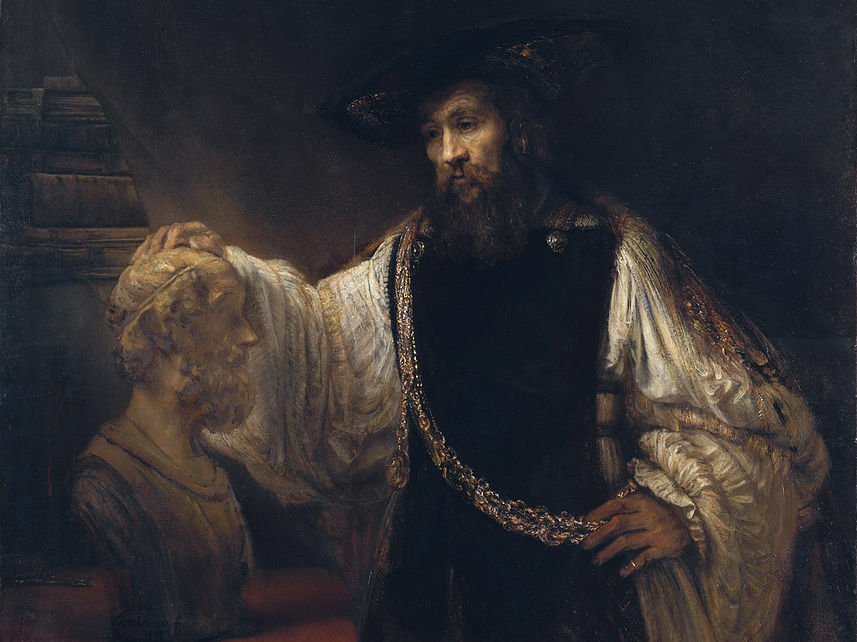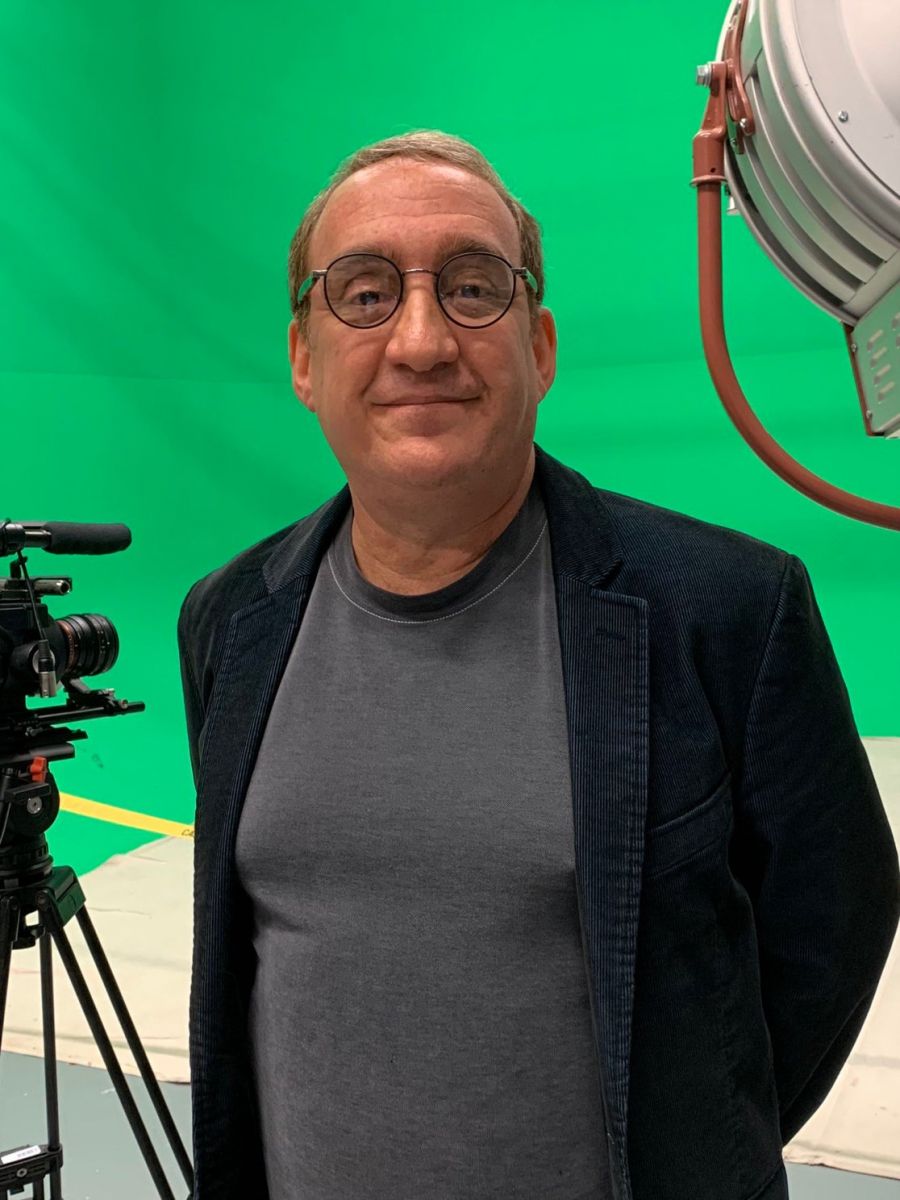HUMS 217, Classical Storytelling in the Modern World

Course Description:
Since we first arrived on the planet and sat around the cave fire telling the tale of that morning’s great saber-tooth tiger hunt, we’ve been telling each other stories. In fact, one of the primary distinctions that separates us from all other animals and which connects each one of us as a species is that, regardless of our history, geography, or culture, we all tell stories. Why? Is it primarily an entertainment? Or is there some deeper biological or evolutionary imperative at work? Perhaps the answer lies somewhere in the fact that, when one examines the dramatic narratives that have stood the test of time, from Oedipus Rex to the most recent installment of the Marvel Cinematic Universe, one discovers that not only do we all tell stories, but we’ve been telling them in essentially the SAME WAY.
In his seminal work Poetics, Aristotle first identified the observable patterns and recurring elements that existed in the successful tragedies and epic poems of his time, as he posed the existential query: Why do we tell stories? And his illuminating analyses and conclusions are still just as relevant today in our contemporary dramatic narratives, our movies, plays, and Netflix binges-of-the-week (yes, even the Kissing Booth saga).
In this seminar, we will examine Aristotle’s observations and conclusions and relate them to the contemporary stories we consume and enjoy today. By doing so, we will identify the universal principles that all good stories share, investigate how these principles connect us all despite cultural, ethnic, and geographical differences, learn how to incorporate Aristotle’s precepts into our own creative expression and communications – and most importantly, explore the vital function of storytelling, why we tell them, what makes a good one, and how to best tell one effectively.
Led by:
|
|
BRIAN PRICE (’88) is an award-winning screenwriter and commercial director who teaches screenwriting at the UCLA School of Theatre, Film and Television, Johns Hopkins University, and Yale University. He received an MFA in Screenwriting from UCLA in 1998, and his book Classical Storytelling and Contemporary Screenwriting , based upon his Yale seminar, was published by Focal Press in 2018. |
